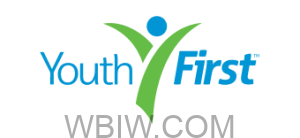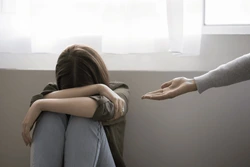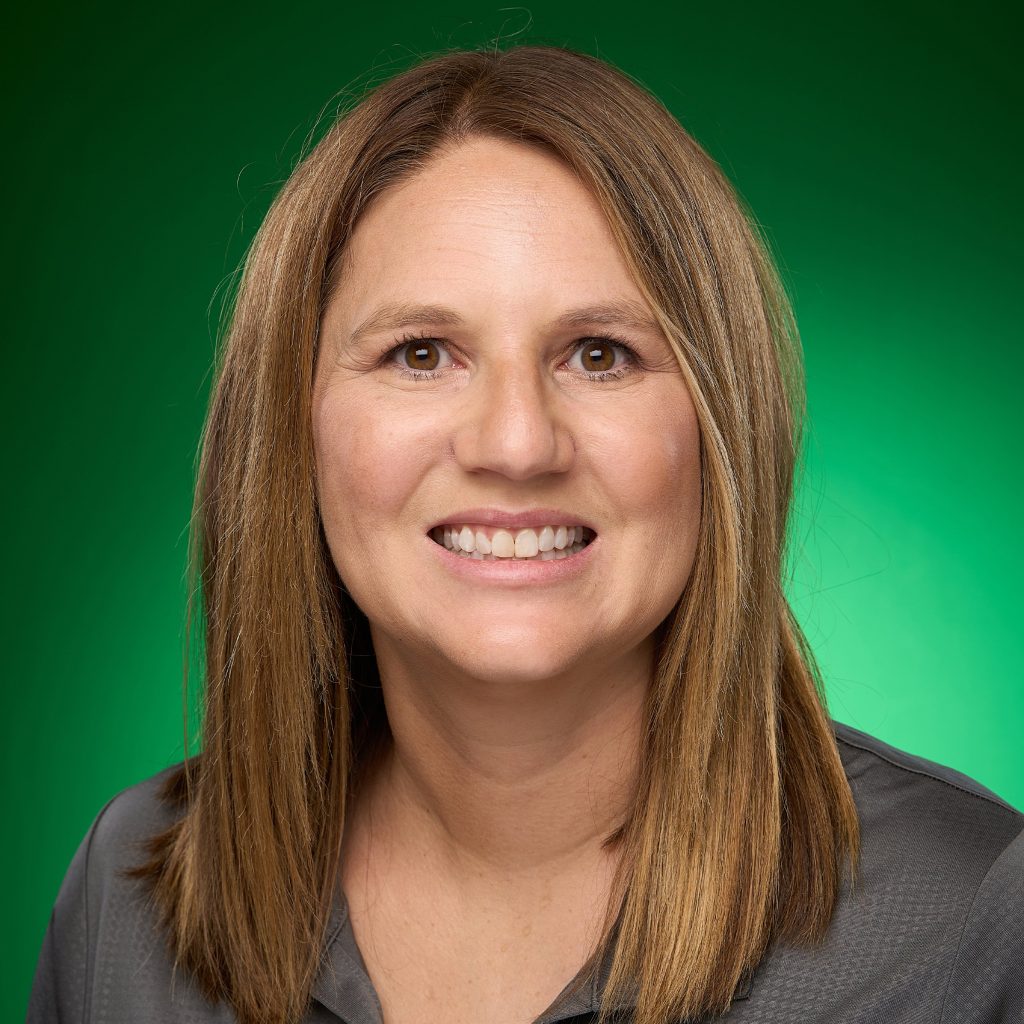
INDIANA – Disappointment, failure, pain, and stress are normal parts of life. But as parents, it is difficult to watch our kids go through tough moments without becoming stressed ourselves or jumping in to fix things.
Co-regulation is connecting with our kids to help them remain calm, manage distress, and learn effective and healthy ways to manage emotions. Parents have to first understand their own emotions and obstacles in regulating their emotions. We can share our calm, and we can also share our own distress.

Self-regulation consists of many skills. These include being able to identify and communicate emotions, empathy (seeing things from another’s perspective), social skills, the ability to pay attention and focus, self-soothing, problem-solving, flexibility, time management, and setting goals.
Self-regulation is developed through a nurturing and warm relationship with the child, where boundaries and structure are present. Routines and consistency are essential. Kids learn to regulate emotions in an environment where the consequences and expectations are clear.
There are many self-soothing regulation activities that kids can practice. Some examples include breathing exercises, playing with fidgets or squeezing a stress ball, exercising, imagining a favorite place, listening to calming music, and completing mindfulness activities.
Dysregulation occurs when someone is not able to handle stressors. There are several things that can trigger dysregulation in kids, such as change in routine, increased sugar or junk food, not getting enough sleep, lack of exercise, new situations with other kids or unfamiliar people/environments, certain smells, bright lights, and loud environments.
Signs that a child is experiencing dysregulation include arguing, increased sleepiness, impulsivity, mood swings, using angry words/behavior, and a large amount of difficulty doing typical/simple things. Other signs of dysregulation include low frustration tolerance, inattention, difficulty listening, having a hard time remaining or sitting still, difficulty getting along with peers, trouble with simple problem-solving, and inability to separate from electronics.
When trying to help our kids regulate their emotions, it is important to be calm and validate your child’s feelings. Important things to remember include what causes your child to feel stressed, your child’s ability to express/communicate their feelings, and what self-regulation skills your child may already know and use.
Self-regulation is being able to manage feelings and respond to what our bodies need in any given situation. You are the greatest example for your child and can practice self-regulation in many ways. You can listen to calm music when feeling stressed or upbeat music if you are feeling down. Remember to eat healthy foods and get plenty of rest. Deep breathing practice can help decrease stress, and don’t forget that laughter is some of the best medicine.
Pause and think before responding or acting to be present in the moment. Try to name and validate your emotions, but don’t ruminate or judge yourself. You can always reassess new and better ways of handling situations, because of course we are ALL always a work in progress.
The following are ideas for helping your child regulate their emotions: Remain calm, show empathy and validate their emotions. Support your child with positive words and encourage them to use relaxation skills. Life can be very busy and chaotic, so try to avoid overloading their schedule and keep them in a routine. Kids are calmer when they know what to expect; this is why consistency and structure are key. Prioritize sleep, healthy foods, and regular activity for your child.
Self-regulation takes time to learn; remember to be patient with your child and yourself. Make sure you are working on your own emotional regulation and self-care. Practice calming techniques with your child in the calm moments, not just the heightened moments. You’ve got this!

Hannah Smith-Quirey, MSW, LCSW, is a Youth First Mental Health Professional at John H. Castle Elementary School and Tennyson Elementary School in Warrick County. Youth First, Inc., is a nonprofit dedicated to strengthening youth and families. Youth First provides over 100 highly trained mental health professionals (primarily master’s level social workers), prevention programs, parent engagement coordinators, and bilingual support personnel to 126 schools across 14 Indiana counties. Over 53,000 youth and families per year are served by Youth First’s school-based social work and community programs that promote mental health, prevent substance misuse, and maximize student success. To learn more about Youth First, visit youthfirstinc.org or call 812-421-8336.



